NSU: ‘Does the World Need an International Constitutional Court?
Published:
2022-11-22 03:08:20 BdST
Update:
2024-04-20 12:05:43 BdST
NSU Live: The Department of Law, North South University organized a webinar titled ‘Does the World Need an International Constitutional Court?’ on 17 November 2022. The guest speaker of the webinar was Professor Richard Albert, William Stamps Farish Professor in Law, Professor of Government, and Director of Constitutional Studies, The University of Texas at Austin. Professor Md. Rizwan ul Islam, Chair, Department of Law, North South University, gave the introductory remarks and moderated the webinar.
The speaker initiated the webinar by observing that democracy and faith in domestic institutions are declining all around the world. He opined that we should be open to all innovative propositions on how to protect democracy and push back against authoritarianism. He wanted to share his own suggestion to defend democracy, a suggestion for an international constitutional court.
Professor Albert gave credit to Moncef Marzouki’s essay from 1999 on constitutional fraud for sowing the seed of the need for an international constitutional court. Marzouki proposed an international court to rule on the legality of elections around the world. In his view, it would defend democracy from crafty political actors who manipulate constitutional rules while proclaiming a commitment to constitutionalism, democracy, and the rule of law.
The speaker said, in Marzuki’s view, the international constitutional court would be the guardian of three fundamental texts, namely, the Universal Declaration of Human Rights, the International Covenant on Civil and Political Rights, and the International Covenant on Economic, Social, and Cultural Rights.
Then the speaker moved forward to discuss recent developments on the topic including David Landau's work on abusive constitutionalism, Kim Lane Scheppele’s work on autocratic legalism, and the Biden administration’s initiative on the summit for democracy. Despite all the developments, the idea of an international constitutional court is yet to catch fire among defenders of democracy.
Professor Albert went on to discuss International Constitutional Court Project Ad Hoc Committee’s proposal for a global constitutional tribunal. According to the proposal, the court would have 21 judges elected by the general assembly of the United Nations from 200 nominees. The court would have two functions- to give advice and resolve disputes. It would give advice on texts and draft texts related to democracy and rights.
The advice would be on whether the draft text is consistent with democracy and rights. In its dispute resolution function, the court is to rule on what the report defines, as serious violations of democratic principles and democratic conditions for elections. The court can hear complaints from political parties, professional groups, NGOs, and multinational organizations. However, anyone who wants the court to hear their claim must exhaust all domestic options first. The court would issue a judgment on whether the claims reveal a violation of democracy or rights.
The judgment of the court would be binding on the state or state implicated. According to the Committee, the goal of creating such a court is to internationalize constitutional law. In other words, to create and enforce a world constitution.
According to Professor Albert, there are four major challenges an international constitutional court would face. Firstly, many would question the authority of a courthouse in the UN due to its various failures in the past. Secondly, a major challenge would be enforceability. The offender might ignore the court’s ruling and continue things as it is. The speaker believes that a regional constitutional court would work better in terms of compliance than a global constitutional court. Interdependence and commonalities among countries might make it more likely that a regional court of their peers would persuade a country to comply with the ruling.
There’s a possibility to improve upon the existing infrastructure of regional courts to build an international constitutional court. However, Professor Albert noted that this approach introduces a third problem, which he called the problem of coordination. It is hard to coordinate the work of courts when their jurisdiction overlaps. The fourth problem is the lack of political will to make such a court a reality.
The speaker concluded the speech by saying that he believes an international constitutional court that only gives advisory opinions might still be effective. But the advisory rulings must have unanimity between the judges, awareness of local specificity, and be attentive to legal, political, and social realities. He also added that the court should give a roadmap for reform.
This was the 39th webinar of the international webinar series of the Department of Law, North South University, which was launched in January 2021. Eminent Professors from across the world have graced the webinar series by delivering their lectures.
Dhaka, 21 November (campuslive24.com)//BL
Topic:


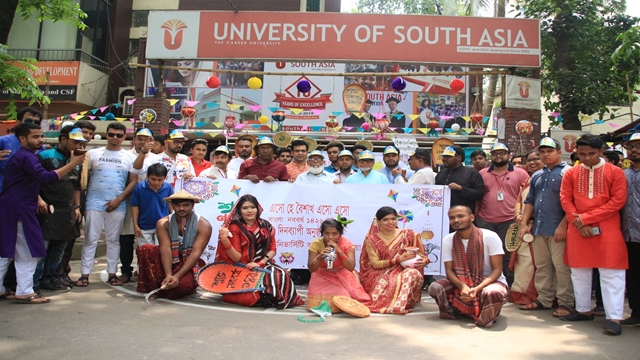
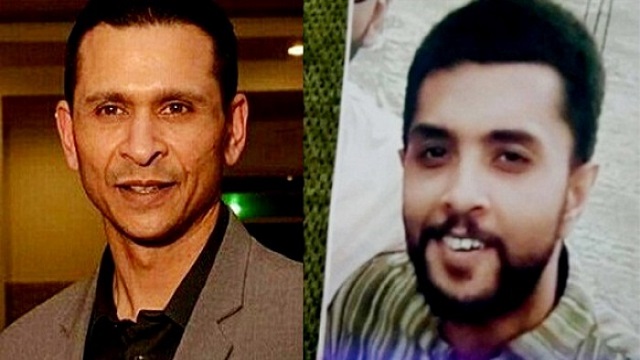
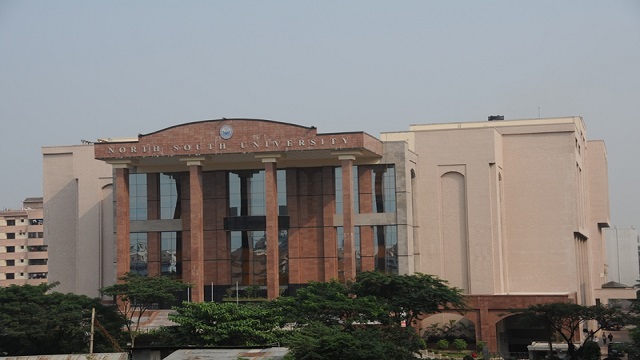

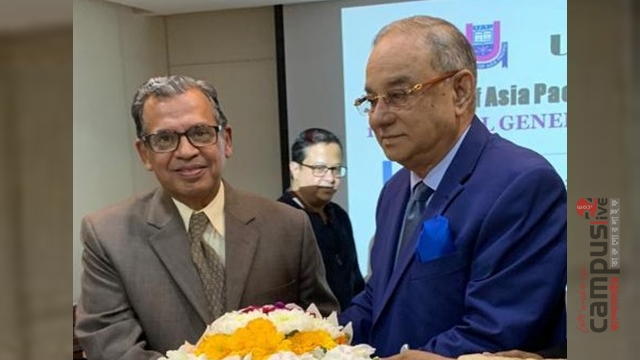

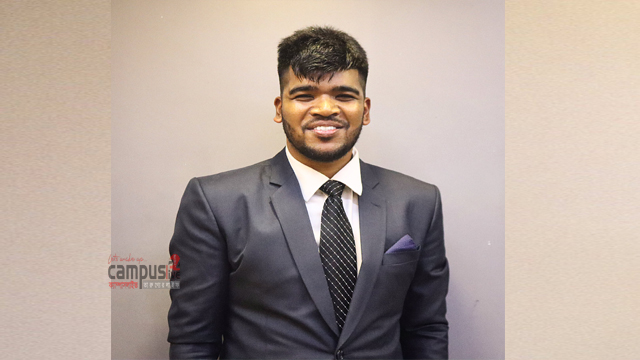
Share Your Valuable Comments: